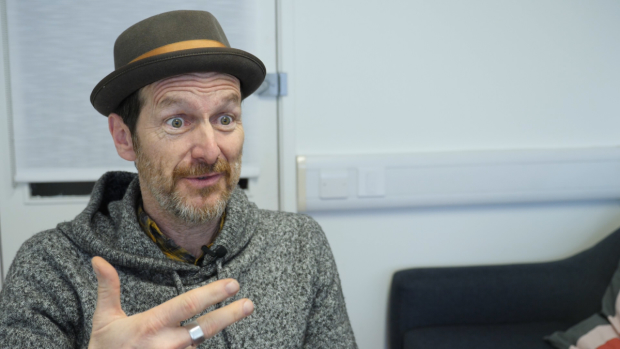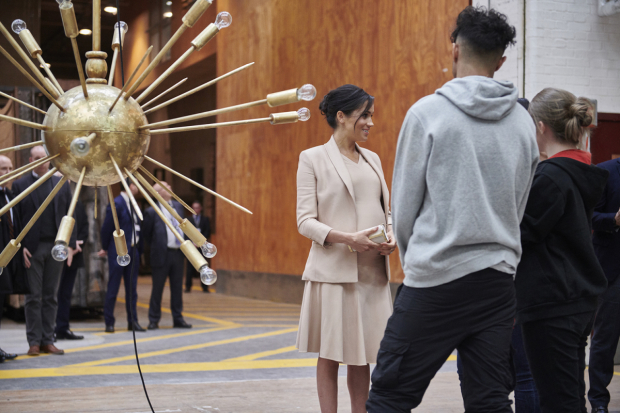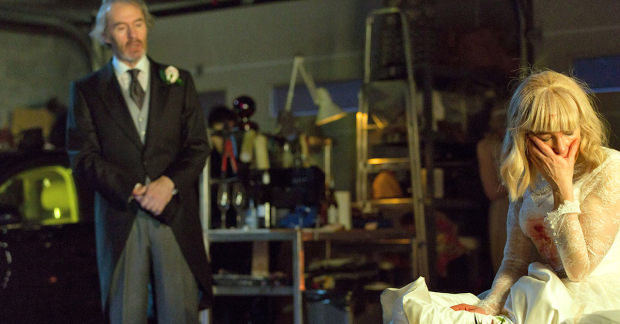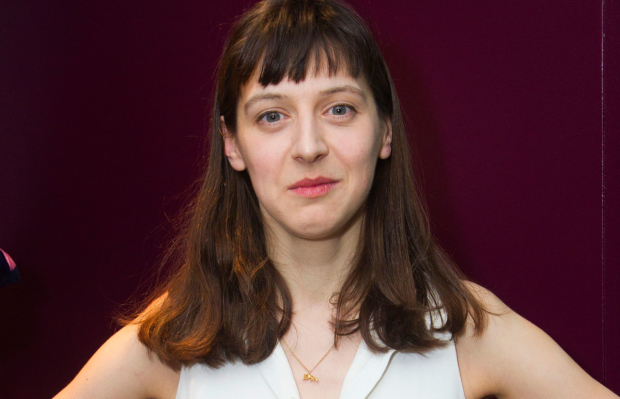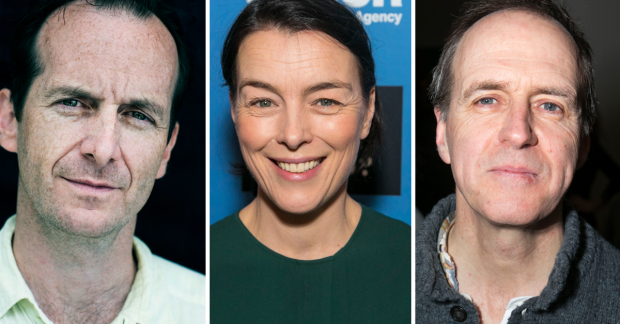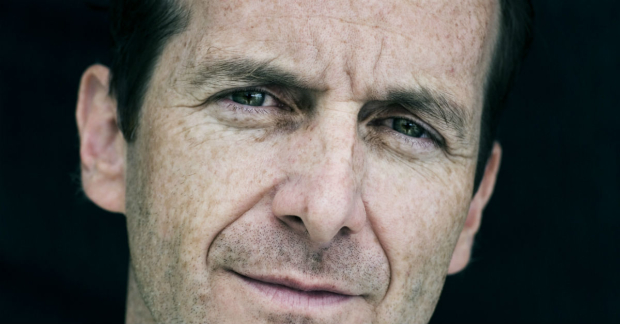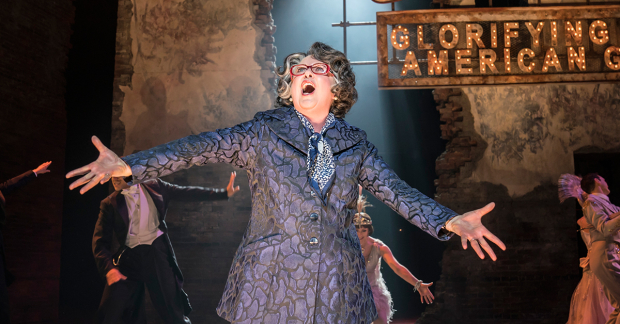Review: Tartuffe (National Theatre)
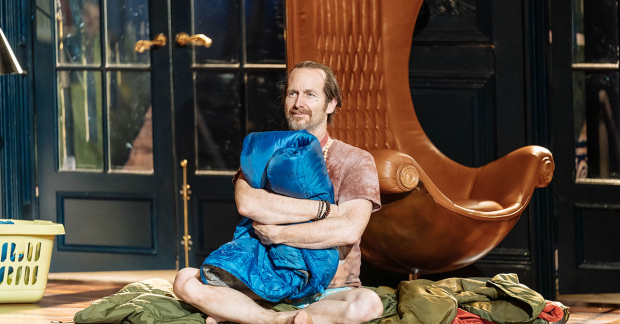
© Manuel Harlan
Molière wrote Tartuffe in 1664 when it was promptly banned from public performance because of the offence it caused to religious factions within Louis XIV's court. A lot has changed since then obviously, but the wonder of it is how readily this portrait of a religious hypocrite worming his way into the household of a rich and powerful man adapts itself for every age.
In this lively new version, John Donnelly dumps most of the elaborate rhyming verse and sets the action in Highgate – though Robert Jones' gold-gleaming set, with its dark coloured panelling and collectable objets d'art, pays a passing nod to Versailles where the play was first performed. It is also, obviously, the home of the international ultra-rich whose sleek comforts have been disturbed by the decision of the paterfamilias Orgon to invite an apparently pious outsider, Tartuffe, into his home.
We, the audience, first see Tartuffe before curtain-up, banging his chest in a rhythmic chant, dispensing daffodils and being moved on for his pains. But to Orgon (Kevin Doyle, of Downton Abbey fame, all twitches and anxious authority) Tartuffe is a truth-teller, a corrective to his life of luxury, even if he is working his way through the wine cellar. His plans to marry the holy man to his daughter Mariane, provokes a family revolt and his second wife Elmire determines to undermine Tartuffe by revealing his lecherous and distinctly unholy advances to her.
There are a lot of twists and turns, built around Orgon's blind faith in his guru and his own double-dealing to build his wealth, and the play – famously – ends with a deus ex machina plot twist in which the family are saved by the power of the state.
Blanche McIntyre's production handles all of this with well-tuned confidence. She's good at ensuring that the quieter passages, for example the long scene where Mariane, beautifully played by Kitty Archer as completely cognisant of her own pampered naivety, resists her father's attempts at marrying her off, complement the broad farce which often erupts.
Moments of quiet reflection modulate into wild action. Olivia Williams' Elmire flings herself around the stage resisting Tartuffe's advances with broad abandon; Enyi Okoronkwo's baffled son Damis leaps out of plants and dances through doors, always getting the wrong end of the stick, but always smiling through. Geoffrey Lumb's Valère, the street poet whom Mariane loves, bursts into each scene he steals with glorious energy, launching into his shocking poetry with bravado. "Rhyme is a bourgeois concept," he announces, proudly.
The script is sharp and funny, gaining confidence as the play progresses, faithful to the original but bringing its own beats to the subject. The world of Brexit and of Donald Trump is conjured outside the high glass windows. Orgon is motivated not so much by religious mania as by a false nostalgia. He explains: "That's what Tartuffe is offering, a return to a time when things meant something, where there was love and kindness, not cruelty and selfishness."
The cruelty and selfishness this belief unleashes is, of course, a savage attack on self-delusion and hypocrisy, just as Molière intended. To make this view work, Donnelly subtly alters the role of Tartuffe. Denis O'Hare (familiar from his roles in American Horror Story and True Blood) plays him with a shifting accent that Peter Sellers would have been proud of, in top-knot and baggy pants, as a sort of multi-purpose lifestyle coach, with a bit of God thrown in on the side. He says namaste a lot and wears prayer beads, but he seems motivated less by religious mania than by a gentle desire for the good life. He is very funny indeed, but not that dangerous – as is proved in the final upset when the ground literally slips from beneath our feet and we are asked to see him as a representative of the homeless and rejected of the world rather than a clever manipulator.
It is a disconcertingly unsettling ending, perhaps a bit abrupt. But, like the entire production it underlines the ageless power of the play to provoke as well as to entertain.



